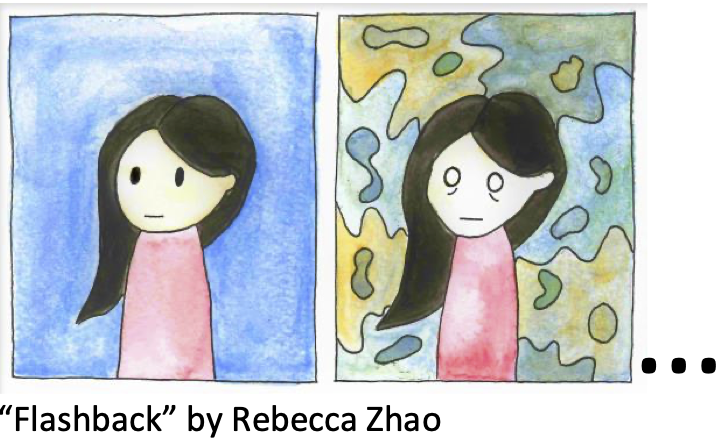What knowledge is needed? Teaching undergraduate medical students to “go upstream” and advocate on social determinants of health
DOI :
https://doi.org/10.36834/cmej.58424Résumé
Background: We rarely teach medical students the skills required to engage in policy change to address the structural factors that underpin the social determinants of health, which are driven by the unequal distribution of power and resources in society. Acquiring the knowledge and skills to influence policy can empower students to act on healthcare inequities rather than simply be aware of them.
Methods: Using Metzl and Hansen’s structural competency framework, we designed and piloted an intervention for medical students. Participants attended a workshop, presented to a hypothetical political stakeholder, and wrote an opinion editorial piece. Students participated in a focus group that was audio-recorded and transcribed. We coded and analyzed presentations, editorials, and transcripts to develop a thematic analysis.
Results: Nine students participated in the workshop. They chose structural interventions and presented potential solutions to structural barriers in written and oral outputs. Students identified a lack of knowledge about health and political systems as a potential barrier to future advocacy work.
Conclusion: Medical trainees require training in specific advocacy skills such as oral and written communication, however this alone may be insufficient. As future advocates, trainees must also acquire a specific skill set and associated knowledge about health systems and policy to navigate the systems in which they will practice.
Téléchargements
Publié
Numéro
Rubrique
Licence
La soumission d’un manuscrit original à la revue constitue une indication qu’il s’agit d’un travail original, qu’il n’a jamais été publié et qu’il n’est pas envisagé pour publication dans une autre revue. S’il est accepté, il sera publié en ligne et ne pourra l’être ailleurs sous la même forme, à des fins commerciales, dans quelque langue que ce soit, sans l’accord de l’éditeur.
La publication d’une recherche scientifique a pour but la diffusion de connaissances et, sous un régime sans but lucratif, ne profite financièrement ni à l’éditeur ni à l’auteur.
Les auteurs qui publient dans la Revue canadienne d’éducation médicale acceptent de publier leurs articles sous la licence Creative Commons Paternité - Pas d’utilisation commerciale, Pas de modification 4.0 Canada. Cette licence permet à quiconque de télécharger et de partager l’article à des fins non commerciales, à condition d’en attribuer le crédit aux auteurs. Pour plus de détails sur les droits que les auteurs accordent aux utilisateurs de leur travail, veuillez consulter le résumé de la licence et la licence complète.











